May 28, 2020
 by Dr. Bill Hudson, Head of School
by Dr. Bill Hudson, Head of School
I have a number of books on my shelf, waiting to be read. I’ve started a few of them, including “Together: The Healing Power of Human Connection in a Sometimes Lonely World” by former Surgeon General Vivek Murthy and “Weird: The Power of Being an Outsider in an Insider World by Olga Khazan.” What do these two books in particular have in common? They remind me of our wonderful Class of 2020 who will graduate in just over a week. Before jumping to the conclusion that this class are a group of lonely weirdos, let me explain.
According to author Olga Khazan, everyone, in some way or another, is a little weird. That’s a good thing because we all have different talents and ideas to contribute, and a perspective that is all our own. Khazan goes on to say that to make the most of our weirdness, it’s important to recognize what makes us special, examine how it functions in our lives, and consider how to use it to our advantage. The Class of 2020 has long impressed me with their willingness to embrace their own uniqueness, but also appreciate and accept the individuality of others.
Some may call the Class of 2020 “weird,” but they are anything but. They wield their distinctiveness as a superpower and are not shy to place it in service of others. For example, in her senior speech, Priya Manda poignantly shared her experience of growing up struggling for acceptance and learning to harness her unique religious and ethnic identity to improve society. “I come from a family who has always fought for what they believe in, and this, combined with the passion of my peers at MPA, inspired my interest in social advocacy. I learned how to use my naturally, talkative personality to find my voice on issues I had taught myself to be silent on. I worked to create safe spaces for kids who, like me, didn’t have any.”
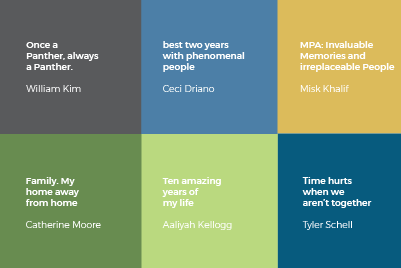 Former Surgeon General Vivek Murthy writes from the perspective of a doctor, bringing to light the reality that loneliness can be as harmful to our health as smoking. Humans, by nature, have a vital need for social connection. It was Dr. John Cacioppo who developed a theory of loneliness rooted in the observation that humans have survived as a species not because of physical advantages but because of the ability to communicate and work together in groups.
Former Surgeon General Vivek Murthy writes from the perspective of a doctor, bringing to light the reality that loneliness can be as harmful to our health as smoking. Humans, by nature, have a vital need for social connection. It was Dr. John Cacioppo who developed a theory of loneliness rooted in the observation that humans have survived as a species not because of physical advantages but because of the ability to communicate and work together in groups.
Our seniors like to laugh together, hug one another, cheer for one another, and share with one another. It is not unusual to find them piled into tight groups in the Hart Commons, lamenting a difficult Calc or Physics test, and then laughing together about their struggles. In fact, the class invented the term “cuddle puddle” to explain this phenomenon. Their commitment to community is not reserved solely for themselves. They have worked hard to include underclassmen in school events and in everyday conversations. They have not established themselves as ‘seniors’ by ‘ruling,’ but by ‘including’ and have been ever the more successful for it.
How ironic that this class who collectively valued community and connectedness are unable to end their MPA career together as a school community. Worried that they did not have an opportunity to say goodbye, they wrote a letter to their classmates to urge them to strive to “Dream Big and Do Right”: “The Class of 2020 worked hard, set goals, and achieved them. However, we recognized how our future was not a competition with each other. We learned our success was dictated by us. We learned we were more successful collaborating and supporting each other than competing.”
I was particularly moved by the collection of six-word memoirs written by the senior class. They speak a truth so much more than I could ever capture:
Saved my life, gave me life. Lilly Ramalingham
Expected a school, found a home. Galen Juliusson
Everything, friends, home, love. It’s everything. Emma Finch
New Kid, Strange kid, Loved kid. Quincy Lewis
I am grateful for the many gifts the senior class have given our community and I look forward with great confidence and in anticipation of how these gifts will impact our world in the years ahead. There is no doubt in my mind that these amazing incredible young people will indeed “stir the human spirit, stand for justice, and shake the world.”
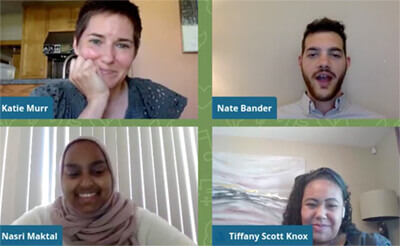 Please join us every Friday on MPA’s Facebook page or MPA’s YouTube channel for live, casual conversations about topics that matter with a variety of MPA community members.
Please join us every Friday on MPA’s Facebook page or MPA’s YouTube channel for live, casual conversations about topics that matter with a variety of MPA community members. by Dr. Bill Hudson, head of school
by Dr. Bill Hudson, head of school by Dr. Bill Hudson, Head of School
by Dr. Bill Hudson, Head of School Former Surgeon General Vivek Murthy writes from the perspective of a doctor, bringing to light the reality that loneliness can be as harmful to our health as smoking. Humans, by nature, have a vital need for social connection. It was Dr. John Cacioppo who developed a theory of loneliness rooted in the observation that humans have survived as a species not because of physical advantages but because of the ability to communicate and work together in groups.
Former Surgeon General Vivek Murthy writes from the perspective of a doctor, bringing to light the reality that loneliness can be as harmful to our health as smoking. Humans, by nature, have a vital need for social connection. It was Dr. John Cacioppo who developed a theory of loneliness rooted in the observation that humans have survived as a species not because of physical advantages but because of the ability to communicate and work together in groups. by Dr. Bill Hudson, Head of School
by Dr. Bill Hudson, Head of School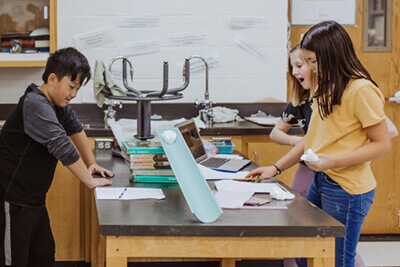 by Dr. Bill Hudson, Head of School
by Dr. Bill Hudson, Head of School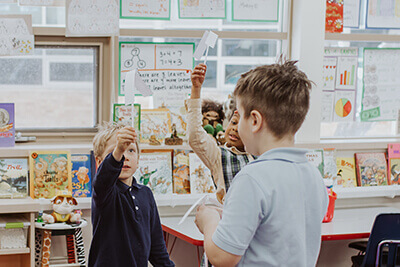 by Dr. Bill Hudson, Head of School
by Dr. Bill Hudson, Head of School by Dr. Bill Hudson, Head of School
by Dr. Bill Hudson, Head of School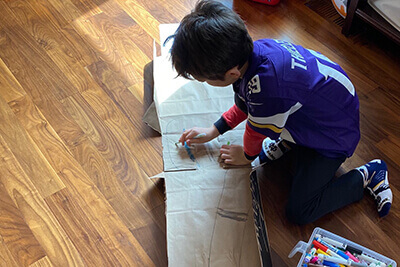 by Dr. Bill Hudson, Head of School
by Dr. Bill Hudson, Head of School